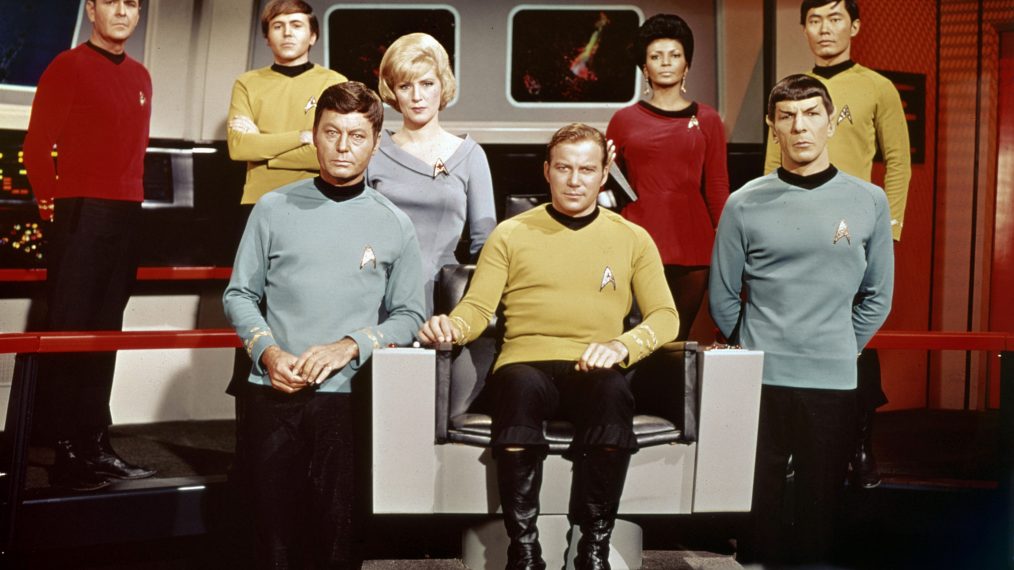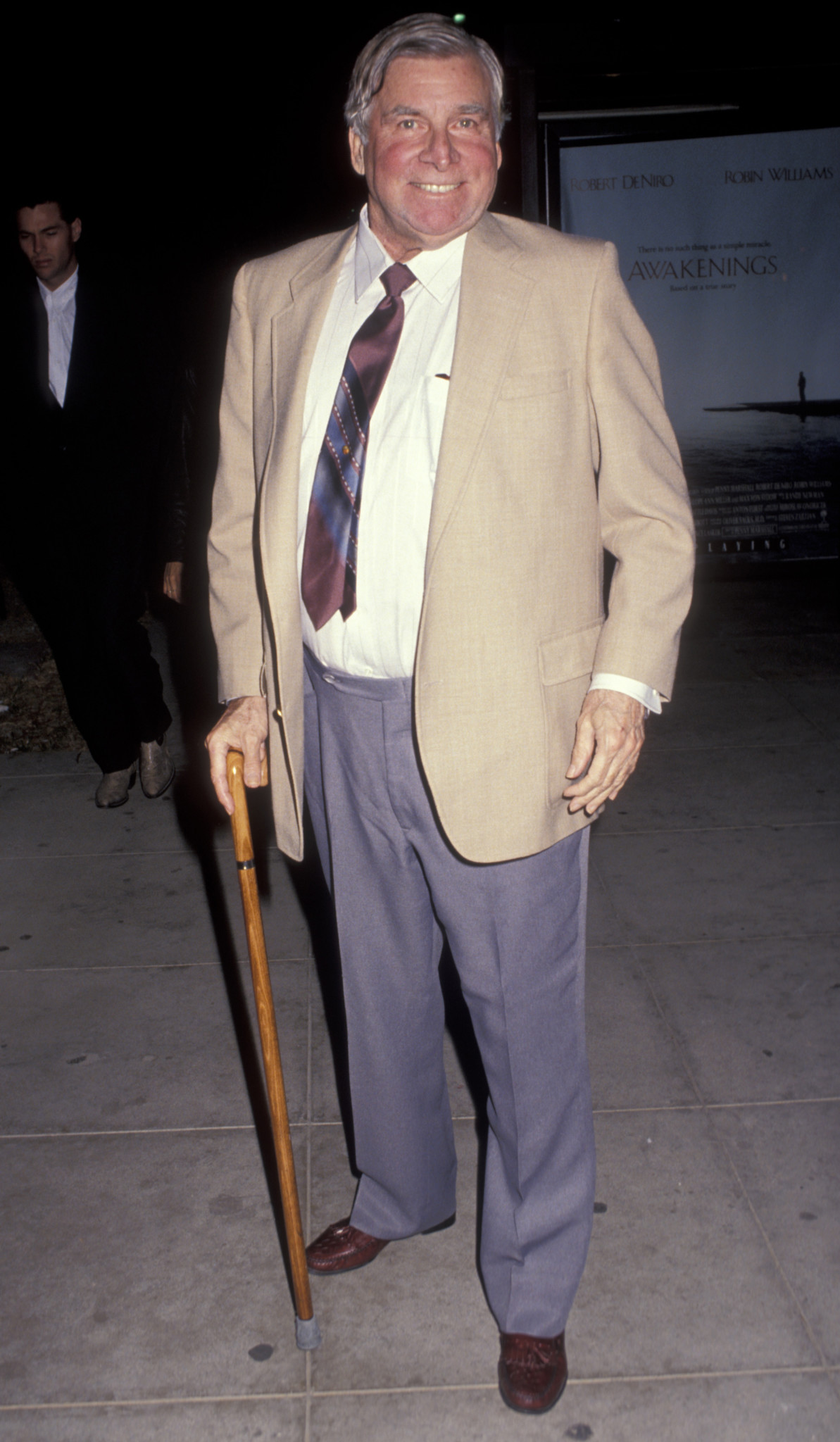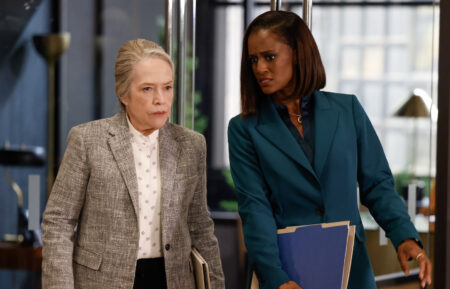As ‘Star Trek’ Turns 50, Gene Roddenberry’s Vision Endures

He was the man who fell to Earth, and then he took us soaring to the stars. September 8 marks the 50th anniversary of Star Trek, the revolutionary sci-fi program that lasted only three seasons on NBC but went on to spawn six spinoff series and 13 motion pictures.

The year after his death, some of Roddenberry’s cremated remains were sent aboard the Space Shuttle Columbia.
The show’s genesis is a startling one: Trek was created by Gene Roddenberry, a former pilot for Pan Am who had survived three airplane crashes, including one in the Syrian desert in 1947 that killed 14 people. Roddenberry, who was able to help 22 others escape the fiery wreckage, didn’t let the tragedy mess with his head. Instead, it energized him. It gave him focus.
“That accident confirmed my belief in the preciousness and fragility of life,” Roddenberry told TV Guide Magazine on the occasion of Trek’s 25th anniversary in 1991, just weeks before his death from heart failure at age 70. Indeed, no producer before Roddenberry—and few since—has so powerfully and eloquently used the medium of TV to celebrate human existence and remind us of our better angels.
“Gene made TV that mattered,” says Nichelle Nichols, one of the show’s four surviving stars. “He urged us to get past our problems and differences. He wanted us to open up our hearts and minds.”
RELATED: Smithsonian Channel’s Building Star Trek Looks at Enterprising Tech and That Landmark Kiss (VIDEO)
Roddenberry peopled Star Trek, set aboard the starship Enterprise circa 2260 AD, with a crew that was a miracle of diversity: Nichols, an African-American, was cast as chief communications officer Lieutenant Uhura and was joined by George Takei as Japanese helmsman Sulu, James Doohan as Scottish engineer “Scotty” and—in a middle finger to the then-raging Cold War—Walter Koenig as Russian ensign Chekov.
Along with upper management—DeForest Kelley as crusty doc “Bones,” Leonard Nimoy as alien science officer Spock and William Shatner as that rascally Iowa farm boy Captain Kirk—this valiant band of space travelers played out stories of racism, sexism, militarism, environmentalism and, well, just about any other -ism Roddenberry thought he could get away with.
RELATED: CBS’ Star Trek Reboot Recruits Gene Roddenberry’s Son and Trevor Roth
He didn’t win every battle. NBC nixed his first Trek pilot, which daringly featured a female first officer (Majel Barrett, who’d later play Nurse Chapel), and Takei, now openly gay, tried unsuccessfully to get Roddenberry to venture into LGBT territory. “Our ratings were shaky and it was too big a risk,” Takei recalls. “But I know Gene would have done it if he could have. He understood human nature in the most extraordinary way.”
Though Star Trek boldly took us to the final frontier of outer space, its greater goal was to make each viewer feel a little less alone. “We’re all imprisoned within ourselves,” Roddenberry told TV Guide Magazine in 1967. “We’re all aliens on this strange planet.”







